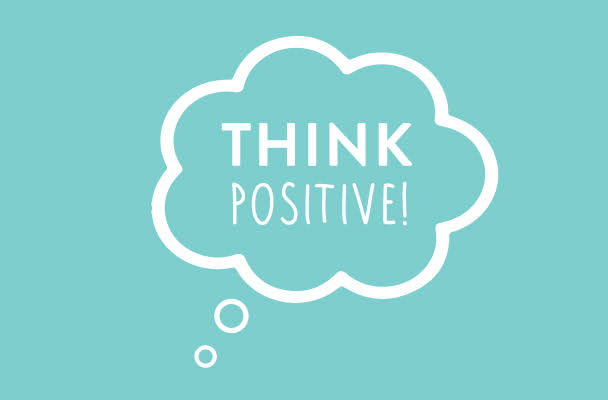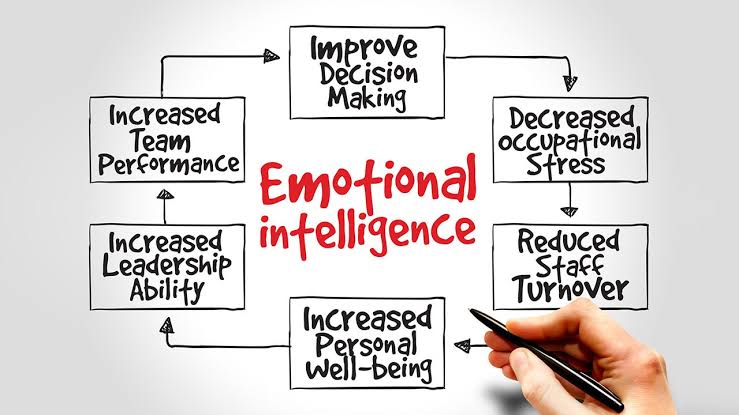In today’s fast-paced world with many distractions, deadlines, and stress, finding peace and focus each morning can change your whole day. By July 2025, more people—from CEOs and athletes to students and parents—are using morning meditation to improve mental clarity, emotional balance, and productivity. Just a few quiet minutes each morning can reset your mind, helping you start your day with calm and focus.
While meditation can be practiced at any time of day, the morning hours are uniquely powerful. The mind is more still, the body is rested, and distractions are minimal. Beginning your day with meditation helps shape your mindset before the chaos of the day begins, giving you greater control over how you think, feel, and act.
Establishing Inner Calm Before the Noise
One of the most immediate benefits of morning meditation is the cultivation of inner calm before the external world demands your attention. Whether you have a packed schedule, an unpredictable workload, or a noisy home environment, starting the day with silence and stillness allows your nervous system to reset.
This inner calm serves as a buffer against the stress that may arise later. When you begin your day grounded, you’re less likely to be rattled by emails, traffic, news headlines, or unexpected obstacles. Meditation creates a mental “pause button” that you can return to throughout the day.
Enhancing Mental Focus and Clarity
Meditation is a powerful tool for improving concentration and sharpening cognitive function. A morning session—even as short as 5 to 10 minutes—can increase alertness, reduce brain fog, and improve your ability to prioritize and solve problems.
Many people report that after meditating, they are more present and less distracted throughout their workday. This heightened awareness supports everything from complex decision-making to creative thinking. Meditation also trains the brain to focus on one task at a time, reducing the harmful effects of multitasking.
Boosting Emotional Resilience
Emotions are part of every day, but how we respond to them determines our quality of life. Morning meditation helps develop emotional intelligence by fostering self-awareness and emotional regulation.
Practicing mindfulness meditation each morning can:
- Reduce reactivity to stressors
- Increase patience and compassion toward others
- Decrease anxiety and depressive symptoms
- Help you observe emotions without becoming overwhelmed by them
This emotional strength leads to better interactions at home, work, or school, and promotes healthier relationships overall.
Creating Consistency and Discipline
Building a morning meditation habit naturally strengthens your ability to commit to positive routines. Carving out time for yourself each day—even just a few minutes—reinforces a mindset of self-care and discipline.
Consistent practice also reinforces the value of showing up for yourself regardless of how busy or tired you may feel. Over time, it becomes easier to stick to other healthy habits like eating well, exercising, or journaling. Morning meditation can be the keystone habit that sets a positive tone for the rest of your day.
Supporting Physical Health
Though primarily known for its mental benefits, meditation also positively affects the body. Scientific studies up to 2025 continue to confirm that regular meditation can:
- Lower blood pressure
- Reduce cortisol (the stress hormone)
- Improve sleep quality
- Enhance immune function
- Regulate heart rate
Morning meditation, in particular, helps activate the parasympathetic nervous system—the “rest and digest” mode that balances the “fight or flight” stress response. This promotes overall bodily balance and can help reduce the long-term physical toll of chronic stress.
Strengthening Intentional Living
Another major benefit of morning meditation is the cultivation of intentionality. Too often, people begin their day reacting to alarms, notifications, and obligations. Meditation invites you to consciously choose how you want to think, feel, and act.
By setting a simple intention during or after meditation—such as “I choose to be patient today” or “I will stay focused on what matters”—you start the day with a guiding compass. This empowers you to live proactively rather than reactively.
Improving Sleep Patterns Over Time
Surprisingly, meditating in the morning can also help regulate your sleep. When you reduce stress and calm the mind early in the day, you’re less likely to carry tension into the evening. Over time, this leads to more restful nights and smoother mornings.
Morning meditation can also help reset your internal body clock. Especially if you combine it with exposure to natural light and movement, it encourages a healthier circadian rhythm, making both wakefulness and sleep more balanced.
Making It a Realistic Daily Habit
If you’re new to meditation, don’t worry about doing it perfectly. The key is consistency, not complexity. Here are a few tips to get started with a sustainable morning routine:
- Start small: Begin with 5 minutes and gradually increase as it becomes part of your day.
- Use guidance: Apps like Calm, Insight Timer, or Headspace offer guided meditations tailored to different goals.
- Pair it with a routine: Link meditation with something you already do, like brushing your teeth or making coffee.
- Choose a quiet spot: Create a peaceful, clutter-free corner to sit comfortably.
- Stay flexible: If you miss a day, simply begin again the next. What matters is showing up with intention.
Final Thoughts
A morning meditation routine is not a luxury—it’s a practical, time-efficient tool to enhance your mental, emotional, and physical well-being. In just a few minutes each day, you can gain clarity, build resilience, improve focus, and greet life with greater ease and compassion.
As life becomes more demanding and digital noise more constant, beginning each day with mindful stillness is a revolutionary act. The more you center yourself in the morning, the more grounded, productive, and fulfilled you’ll be throughout the day. It’s a small habit that yields profound transformation.



